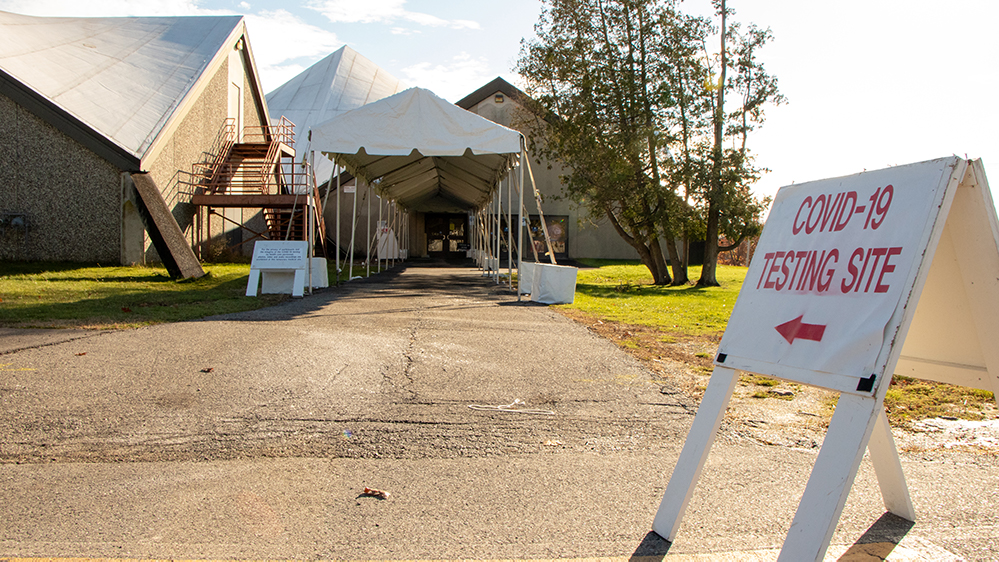It’s 2020 and we have endured countless traumas that will be with us forever. We are in a constant battle with an invisible disease. While the older and immunocompromised populations are at a higher risk for contracting the coronavirus and experiencing serious symptoms, the younger generations are trying to survive both the virus and their childhood. Specifically, the lack of normalcy during the holidays could negatively affect children and their development. While children are susceptible to the virus itself, necessary restrictions imposed in response to the pandemic could also be detrimental to their mental and social development. The world is adjusting in a variety of ways, and the upcoming holiday season poses the question: how do we try and save any normalcy in a time of such uncertainty? The simple answer is to create new norms. With each year we make advances in technology, culture and education, but this pandemic presents the entirely unprecedented challenge of protecting children while also preserving some sense of what it means to be a kid.
The government has clearly emphasized the effects of COVID-19 on academic development in children, with factors such as school closures and remote learning negatively affecting their development. According to data collected by the National Survey of Drug Use and Health (NSDUH), there is a significant group of children and adolescents that receive their mental health services exclusively from school. The data includes information on mental health services for children aged 12 to 17 years and demonstrates the implications of school closures on access to mental health services. Of adolescents who received any mental health services from 2012 to 2015, 35% received their mental health services exclusively in school settings.
With school being the primary way children interact socially, many people are concerned with how remote learning will affect the way they learn. There is also concern over how social media will influence the mental health and development of the younger generations as it becomes their primary source for information and social interaction.
We as a society are entrusted with the preparation of the younger generations. In order to achieve that in times where norms have been shaken, we need to join together and establish new norms that could avert any potential negative effects on their development, and it starts in one’s community. On a local level, communities like Orono are still having discussions regarding whether or not to hold community events and if they do happen how will they modify the events to meet the Centers for Disease Control and Prevention (CDC) regulations and state mandates. An example of a successful modified holiday was Halloween; many people created inventive ways to share candy including drive-by trick or treating, or candy shoots made from PVC pipes attached to a front porch ending at the street, along with a bottle of sanitizing wipes for each kid to use after grabbing their candy.
As unfortunate as it may be that many children don’t get to have “normal” holiday celebrations during the pandemic, that does not mean they cannot make their own happy memories. In this COVID-19 era, we are all adjusting and it is of the utmost importance to remember how deeply this pandemic affects the younger generations. While time at home can be joyful and pleasant, it can also create a unique sense of isolation for kids, and to create new norms with modified holidays is a step in the right direction.




